Best movies like Luchino Visconti
A unique, carefully handpicked, selection of the best movies like Luchino Visconti Starring Luchino Visconti, Vittorio Gassman, Giuseppe De Santis, Carlo Lizzani, and more. If you liked Luchino Visconti then you may also like: Visions of Light, The Wonderful, Horrible Life of Leni Riefenstahl, Neurosia: Fifty Years of Perversity, Jutra, Altman and many more popular movies featured on this list. You can further filter the list even more or get a random selection from the list of similar movies, to make your selection even easier.
A chronological look at the creative life of Luchino Visconti (1906-1976). It examines his theatricality, role in the neorealist movement, use of melodrama, and relation to decadence. It touches on the impact of a fabulously wealthy childhood, his writing for "Cinema," his politics, his work with Renoir, his appreciation of Thomas Mann, and his deep knowledge of literature and the arts. Visconti moves constantly between film and the theater, staging plays provocatively, working with Maria Callas at La Scala, and shooting films in theaters. Clips from his films and interviews with actors, crew members, and critics provide details for this portrait of creativity.
Luchino Visconti
You may filter the list of movies on this page for a more refined, personalized selection of movies.
Still not sure what to watch click the recommend buttun below to get a movie recommendation selected from all the movies on this list
The Wonderful, Horrible Life of Leni Riefenstahl
This documentary recounts the life and work of one of most famous, and yet reviled, German film directors in history, Leni Riefenstahl. The film recounts the rise of her career from a dancer, to a movie actor to the most important film director in Nazi Germany who directed such famous propaganda films as Triumph of the Will and Olympiad. The film also explores her later activities after Nazi Germany's defeat in 1945 and her disgrace for being so associated with it which includes her amazingly active life over the age of 90.
Neurosia: Fifty Years of Perversity
Neurosia is the autobiography of the director Rosa von Praunheim. The movie begins with Rosa presenting his autobiography in a movie theater. Before the film begins, he is shot. But - his body gets lost. A female journalist from a TV station begins researching the life of Rosa. In the course of the movie she speaks to lots of aquaintances, shows short clips from Rosas old movies. Her main aim is to provide sensational and shocking details from Rosas life. It turns out that nearly everybody had some reason to kill Rosa. At the end of the movie, she discovers Rosa at a boat where he is kept prisoner by some of his old enemies. She frees him, and the movie ends.
Jutra
Through the magic of editing and animation, Claude Jutra is seen in dialogue with himself at various stages of his life – becoming the spirited narrator of his own biography. Excerpts from family films, interviews, and clips from some of Jutra's well-known works are seamlessly intertwined with these sequences, forming a portrait of a man whose life was devoted to creativity. Jutra is simultaneously a homage, a love letter to cinema, and the dramatic story of a brilliant artist whose life was all-too-short.
Altman
Robert Altman's life and career contained multitudes. This father of American independent cinema left an indelible mark, not merely on the evolution of his art form, but also on the western zeitgeist. With its use of rare interviews, representative film clips, archival images, and musings from his family and most recognizable collaborators, Altman is a dynamic and heartfelt mediation on an artist whose expression, passion and appetite knew few bounds.
Bad Education
Two children, Ignacio and Enrique, know love, the movies and fear in a religious school at the beginning of the 1960s. Father Manolo, director of the school and its professor of literature, is witness to and part of these discoveries. The three are followed through the next few decades, their reunion marking life and death.
Burden of Dreams
The Amazon rain forest, 1979. The crew of Fitzcarraldo (1982), a film directed by German director Werner Herzog, soon finds itself with problems related to casting, tribal struggles and accidents, among many other setbacks; but nothing compared to dragging a huge steamboat up a mountain, while Herzog embraces the path of a certain madness to make his vision come true.
Chinese Coffee
When Harry Levine, an aging, unsuccessful Greenwich Village writer is fired from his job as restaurant doorman, he calls on friend and mentor Jake, ostensibly to collect a long-standing debt.
Going to Pieces: The Rise and Fall of the Slasher Film
This historical and critical look at slasher films, which includes dozens of clips, begins with Halloween, Friday the 13th, and Prom Night. The films' directors, writers, producers, and special effects creators comment on the films' making and success. During the Reagan years, the films get gorier, budgets get smaller, and their appeal wanes. Then, Nightmare on Elm Street revives the genre. Jump to the late 90s, when Scream brings humor and TV stars into the mix.
Why Are We Creative?: The Centipede's Dilemma
A 30 years odyssey: the world's most intriguing artists and thinkers from the fields of visual art, music, filmmaking, acting, literature, philosophy, politics, business and science, are asked the same question: "Why are you creative?"
Sex and Buttered Popcorn
Actor Ned Beatty hosts a look at the genre known as "exploitation" films. Interviews with some of the producers and directors of these films are shown, along with scenes from and trailers for some of these films.
The Innocent
Tullio Hermil is a chauvinist aristocrat who flaunts his mistress to his wife, but when he believes she has been unfaithful he becomes enamored of her again.
Sink or Swim
Through a series of twenty six short stories, a girl describes the childhood events that shaped her ideas about fatherhood, family relations, work and play. As the stories unfold, a dual portrait emerges: that of a father who cared more for his career than for his family, and of a daughter who was deeply affected by his behavior. Working in counterpoint to the forceful text are sensual black and white images that depict both the extraordinary and ordinary events of daily life. Together, they create a formally complex and emotionally intense film.
Sweet Dreams
Michele criticizes the film industry and its inhabitants, and is particularly embattled with a Neapolitan director making a musical about the 1968 student demonstrations. At the same time, Michele has a creative block and struggles to finish his film titled "Freud’s Mother." Nanni Moretti’s self-inquiry into filmmaking, political ennui, and men’s relations with their mothers.
The Tango Lesson
On a trip to Paris Sally meets Pablo, a tango dancer. He starts teaching her to dance then she returns to London to work on some "projects". She visits Buenos Aires and learns more from Pablo's friends. Sally and Pablo meet again but this time their relationship changes, she realises they want different things from each other. On a trip to Buenos Aires they cement their friendship.
Fellini: I'm a Born Liar
A look at Fellini's creative process. In extensive interviews, Fellini talks a bit about his background and then discusses how he works and how he creates. Several actors, a producer, a writer, and a production manager talk about working with Fellini. Archive footage of Fellini and others on the set plus clips from his films provide commentary and illustration for the points interviewees make. Fellini is fully in charge; actors call themselves puppets. He dismisses improvisation and calls for "availability." His sets and his films create images that look like reality but are not; we see the differences and the results.
By Sidney Lumet
An analysis of director Sidney Lumet's work (12 Angry Men, Dog Day Afternoon, Before The Devil Knows You're Dead) in his own words, based on a five-day interview recorded shortly before his death.
The Buried Secret of M. Night Shyamalan
Everyone has a skeleton or two in his or her closet, but what about the director behind some of the most successful thrillers ever to hit the silver screen? Could M. Night Shyamalan be hiding a deep, dark secret that drives his macabre cinematic vision? Now viewers will be able to find out firsthand what fuels The Sixth Sense director's seemingly supernatural creativity as filmmakers interview Shyamalan as well as the cast and crew members who have worked most closely with him over the years. Discover the early events that shaped the mind of a future master of suspense in a documentary that is as fascinating as it is revealing.
The American West of John Ford
A documentary encapsulating the career and Western films of director 'John Ford' , including clips from his work and interviews with his colleagues.
The Brothers Warner
An intimate portrait and saga of four film pioneers--Harry, Albert, Sam and Jack who rose from immigrant poverty through personal tragedies persevering to create a major studio with a social conscience.
Elizabeth Taylor: An Intimate Portrait
Vintage 1975 documentary about the life of movie queen Elizabeth Taylor hosted by Peter Lawford, and featuring appearances by actors Roddy McDowall and Rock Hudson, directors Richard Brooks and Vincente Minnelli, Elizabeth's mother Sara Taylor, costumer Helen Rose, and producer Sam Marx.
The Lost Paradise
He is the most performed contemporary composer in the world. And yet he rarely ventures out in public, prefers to keep quiet about his music, feels at home in the forests of Estonia and generates therewith - perhaps involuntarily - the impression of a recluse, which is attributed to him again and again: Arvo Part. In The Lost Paradise, we follow him over a period of one year in his native Estonia, to Japan and the Vatican. The documentary is framed by the stage production of Adam's Passion, a music theater piece based on the Biblical story of the fall of Adam featuring three key works by Arvo Part. The world-renowned director Robert Wilson has brought this work to the stage in a former submarine factory in Tallinn. Tracing their creative process, the film offers rare and personal insights into the worlds of two of the most fascinating personalities in the international arts and music scene.
Spielberg on Spielberg
Film critic Richard Schickel interviews Oscar-winning filmmaker Steven Spielberg about his craft, his body of work and the movie business.
Cinema Twain
Val Kilmer, master of reinvention, becomes Mark Twain, in a funny, moving, contemporary and reflective performance, based on the life of the man who was Samuel Clemens and on his writings as Mark Twain: his thoughts on politics, his family, his faith and God… Twain shows the greatness of his incomparable wit.
Chatterbox
Teenage orphan Jenny Yates becomes starstruck when a revival of an old Victorian melodrama passes through her small New England town, to the disapproval of her stern grandfather, Uriah. Stowing away in the car of Philip Greene, a wealthy young man working with the theater troupe, Jenny talks her way into the play's lead role. But director Archie Fisher doesn't tell her that the new version of the play is meant as a spoof.
Nitrate Base
This documentary celebrates the 100th anniversary of the cinema birth. It is an historic running through the technical and artistic evolution of the 7th art. We move from mute to sound, from B&W to color, trough all the genders (musical, Lyric, politic...). Beside it we have a kind of resume of the historic contest in which cinema lived till now, events and movements (neo-realism, classical etc.). All the aspects are taken in consideration: fashion, star system till the end, the sad end, of cinema in the theaters.
Searching for Tadzio
An account of Italian film director Luchino Visconti's travels in search for a young actor to portray the role of Tadzio in his 1971 adaptation of Thomas Mann's novella Death in Venice (1912).
Cinema's Exiles: From Hitler to Hollywood
Eight hundred German filmmakers (cast and crew) fled the Nazis in the 1930s. The film uses voice-overs, archival footage, and film clips to examine Berlin's vital filmmaking in the 1920s; then it follows a producer, directors, composers, editors, writers, and actors to Hollywood: some succeeded and many found no work. Among those profiled are Erich Pommer, Joseph May, Ernst Lubitsch, Fritz Lang, Billy Wilder, and Peter Lorre. Once in Hollywood, these exiles helped each other, housed new arrivals, and raised money so others could escape. Some worked on anti-Nazi films, like Casablanca. The themes and lighting of German Expressionism gave rise in Hollywood to film noir.
Billy Wilder Speaks
In 1988, German filmmaker Volker Schlöndorff sat down with legendary director Billy Wilder (1906-2002) at his office in Beverly Hills, California, and turned on his camera for a series of filmed interviews. (A recut of the 1992 TV miniseries Billy, How Did You Do It?)
Chuck Jones: Memories of Childhood
In an interview at age 84, Chuck Jones (1912-2000) talks about his life, particularly his childhood: he describes an adventurous uncle; his mother, who never said no; his father, a critical and abusive man who had his uses; Chuck's going to art school and studying the human body; success as an animator; and, old age. As he talks, we also see clips from his work, we watch him draw, and simple animation illustrates parts of his story. He talks about growing up on Sunset Boulevard, going to the beach, his enjoyment of Mark Twain, his mother's loving creativity, the connection of his personality to some of his cartoon characters, and the joy of being alive.
Silver Rockets/Kool Things: 20 Years of Sonic Youth
This portrait of the New York band Sonic Youth marking the band’s 20th anniversary covers its history from the beginnings to today. Numerous video clips and films of live gigs as well as interviews with, and reminiscences of, collaborators over the years will be used to document the musical development of one of the most innovative and influential bands of the last two decades. Contemporaries include former mentor Glenn Branca, composer and conductor of guitar symphonies which had a seminal influence on participating musicians such as Lee Ranaldo and Thurston Moore, who went on to become Sonic Youth’s guitarists. The band members‘ numerous creative arts projects and other musical activities – in particular improvised music – will be covered in depth.
Fuck You All: The Uwe Boll Story
Honing his craft as an indie filmmaker in Germany in the early 90s, Uwe Boll never could have imagined the life that lay before him. From working with Oscar-winning actors and making films with US$60million budgets to having actors publicly disparage him and online petitions demanding he stop making films, Boll continued to work; he has a filmography of 32 features, a career that has led to his new life as a successful high-end restauranteur. Already a cult legend, he will be remembered forever in the film world; for some, as a modern-day Ed Wood, who made films so bad, they're good, while for others, a prolific filmmaker who came from a small town in Germany and never compromised his integrity while forging his own unique Hollywood trajectory.
Fabulous! The Story of Queer Cinema
A chronological look at films by, for, or about gays and lesbians in the United States, from 1947 to 2005, Kenneth Anger's "Fireworks" to "Brokeback Mountain". Talking heads, anchored by critic and scholar B. Ruby Rich, are interspersed with an advancing timeline and with clips from two dozen films. The narrative groups the pictures around various firsts, movements, and triumphs: experimental films, indie films, sex on screen, outlaw culture and bad guys, lesbian lovers, films about AIDS and dying, emergence of romantic comedy, transgender films, films about diversity and various cultures, documentaries and then mainstream Hollywood drama. What might come next?
Charlie: The Life and Art of Charles Chaplin
Brilliant, long in-the-works story of the life and art of the world's greatest comedian and the cinema's first genius, Charlie Chaplin. Produced, written and directed by renowned film critic Richard Schickel.




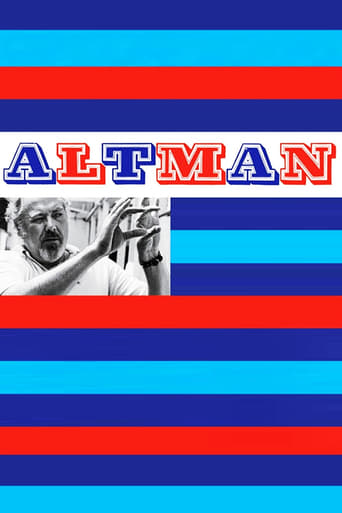


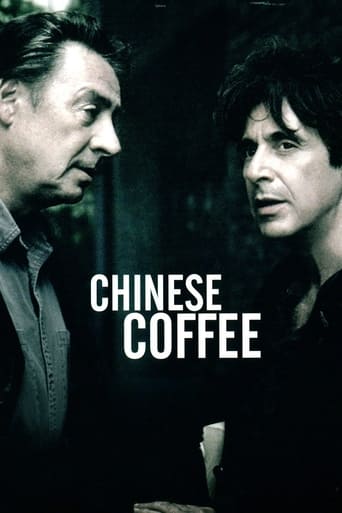
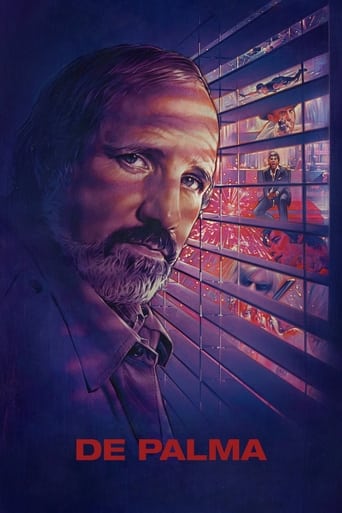
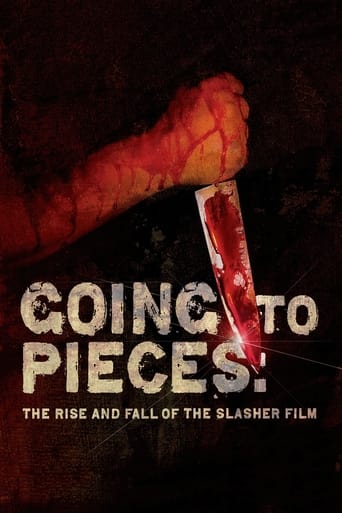


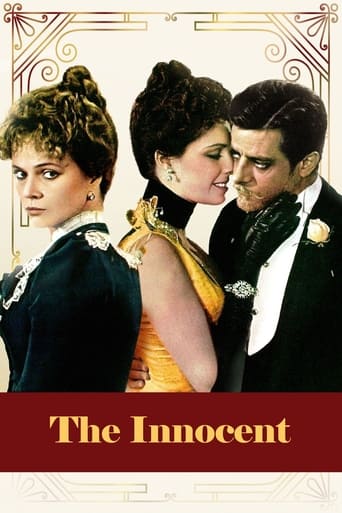






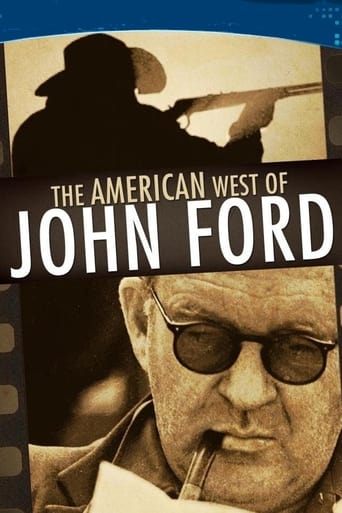
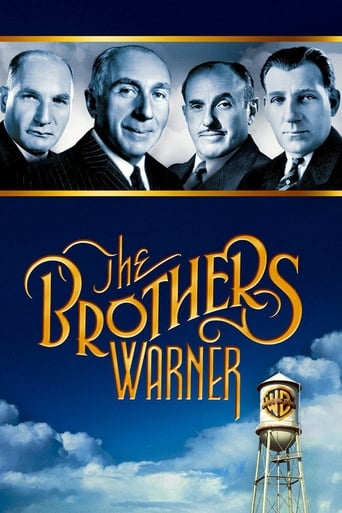
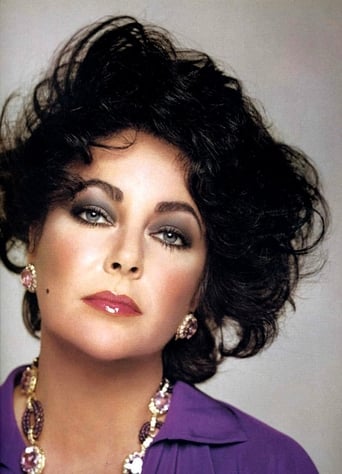










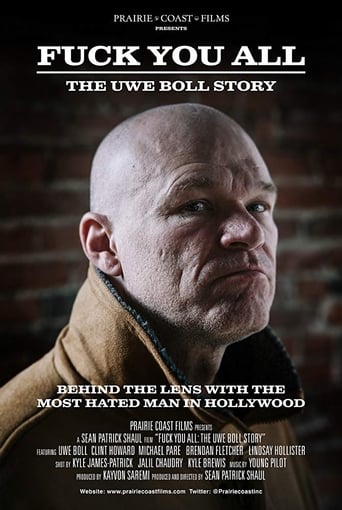
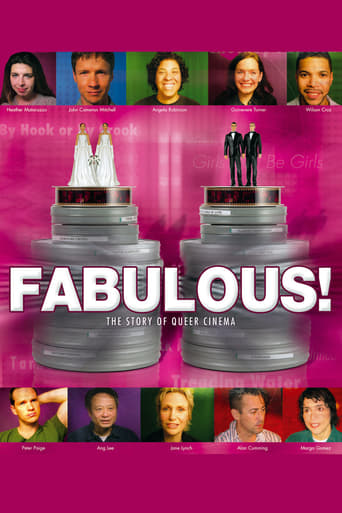
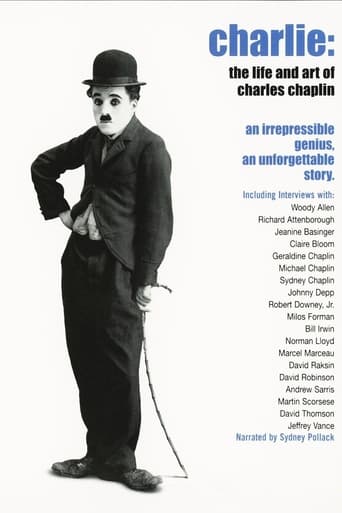
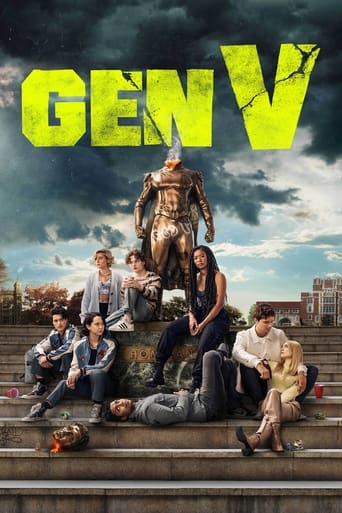
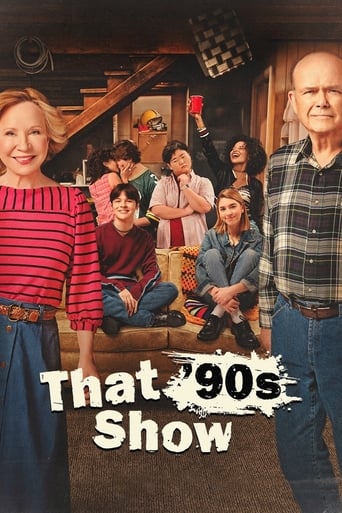
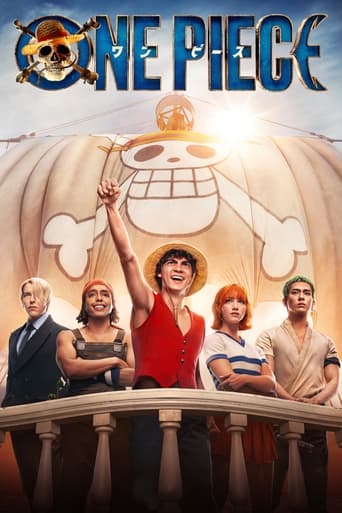
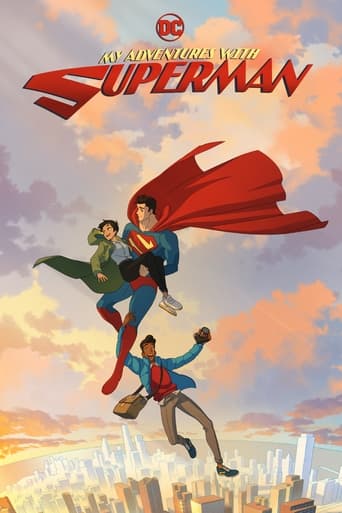
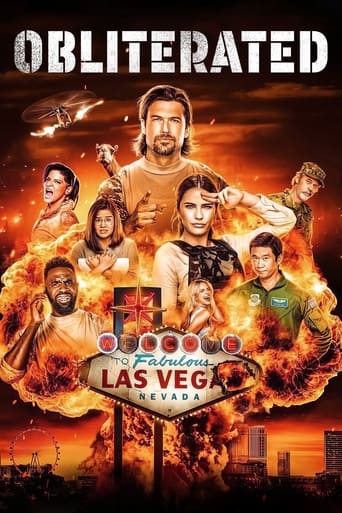
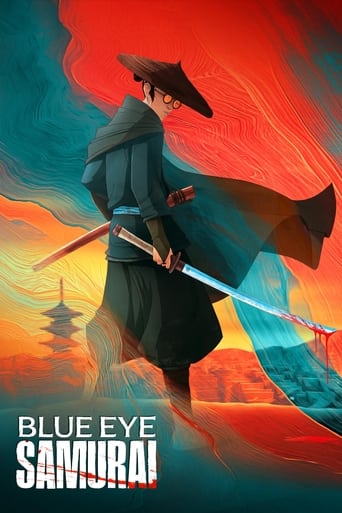

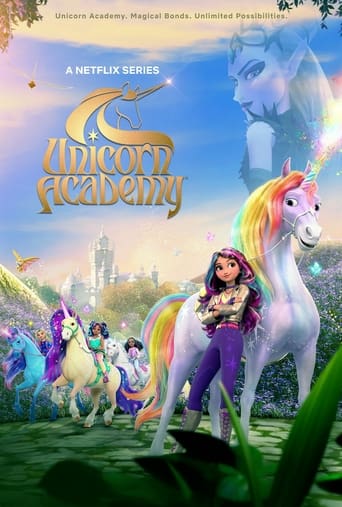
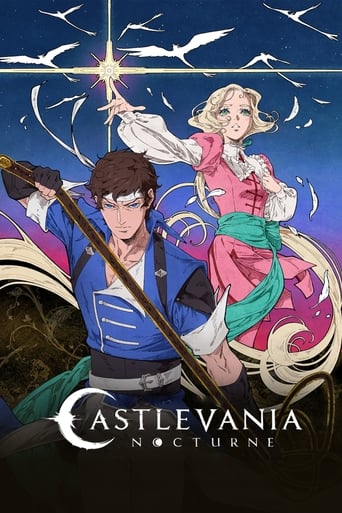


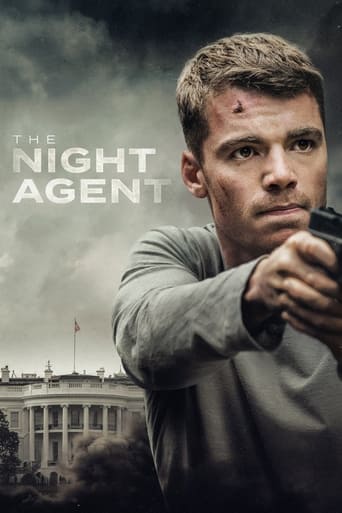
Visions of Light
Cameramen and women discuss the craft and art of cinematography and of the "DP" (the director of photography), illustrating their points with clips from 100 films, from Birth of a Nation to Do the Right Thing. Themes: the DP tells people where to look; changes in movies (the arrival of sound, color, and wide screens) required creative responses from DPs; and, these artisans constantly invent new equipment and try new things, with wonderful results. The narration takes us through the identifiable studio styles of the 30s, the emergence of noir, the New York look, and the impact of Europeans. Citizen Kane, The Conformist, and Gordon Willis get special attention.